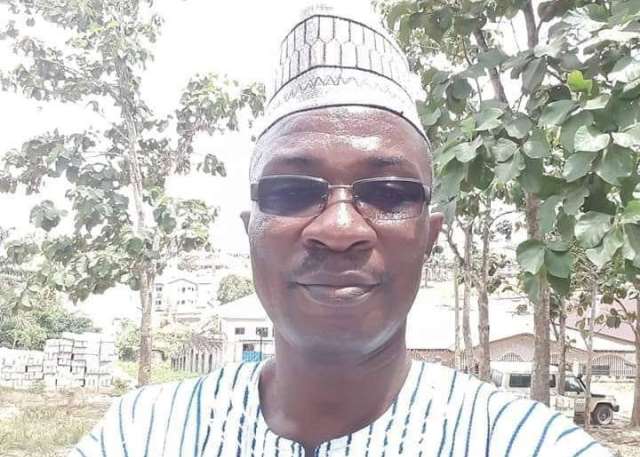Breast cancer poses a formidable threat to women’s health globally, and female journalists, despite their role in reporting on health issues, are not exempt from this risk. The World Health Organization (WHO) identifies breast cancer as the most prevalent cancer affecting women, with millions of new cases diagnosed annually. This underscores the urgent need for increased awareness and proactive measures, particularly among vulnerable populations like female journalists who often prioritize their professional duties over personal well-being. The demanding nature of their work, characterized by long hours, tight deadlines, and persistent stress, can lead to the neglect of personal health, including crucial preventative screenings. Therefore, targeted interventions and accessible screening programs are essential to address this disparity and empower female journalists to prioritize their health.
In response to this pressing need, the Communication for Development and Advocacy Consult (CDA Consult), in partnership with Rabito Clinic, has initiated a commendable program offering free breast cancer education and screening specifically tailored for female journalists. This initiative recognizes the unique challenges faced by women in the media and aims to remove barriers to accessing critical healthcare services. By bringing these services directly to media houses and institutions, the program promotes convenience and encourages participation, effectively addressing the time constraints and demanding schedules that often hinder female journalists from seeking preventative care. The campaign’s theme, “Female journalist, your story matters. Don’t let breast cancer silence you,” powerfully encapsulates the importance of prioritizing personal health alongside professional responsibilities.
The collaborative effort between CDA Consult and Rabito Clinic underscores the significance of public-private partnerships in addressing public health challenges. By combining their expertise and resources, these organizations are creating a comprehensive program that not only provides free screenings but also educates female journalists about breast cancer risks, prevention strategies, and the importance of early detection. This holistic approach empowers individuals with the knowledge and resources necessary to take control of their health and make informed decisions. The program’s accessibility and targeted approach demonstrate a commitment to reaching a demographic often overlooked in broader healthcare initiatives.
The insights shared by Naa Professor Edmund N. Delle Chiir VIII, Founder and President of Rabito Group of Clinics, further emphasize the importance of proactive healthcare practices. He encourages female journalists to move beyond simply reporting on breast cancer and actively participate in preventative measures, including regular screenings. His advice extends to promoting overall healthy lifestyles, emphasizing the role of balanced diets, regular exercise, and moderate alcohol consumption in reducing cancer risk. This holistic approach to well-being reinforces the interconnectedness of various lifestyle factors and their impact on long-term health outcomes.
Breast cancer screening plays a pivotal role in early detection, significantly improving treatment outcomes and survival rates. The WHO recommends regular mammograms for women within specific age groups, and those with family history or other risk factors may require earlier and more frequent screenings. The CDA Consult/Rabito Clinic initiative aligns with these recommendations, making screening accessible and convenient for female journalists, thereby increasing the likelihood of early detection and timely intervention. This proactive approach can significantly impact the course of the disease and contribute to improved health outcomes for women in the media.
The program’s focus on empowering female journalists to prioritize their health carries broader implications for the media industry as a whole. By supporting the well-being of its workforce, the media can ensure the continuity of its vital role in informing and engaging the public. The CDA Consult/Rabito Clinic initiative serves as a model for other organizations and industries, demonstrating the positive impact of targeted health programs that address the specific needs of vulnerable populations. Ultimately, this collaborative effort contributes to a healthier and more resilient media landscape, empowering female journalists to continue their important work while prioritizing their own well-being.














